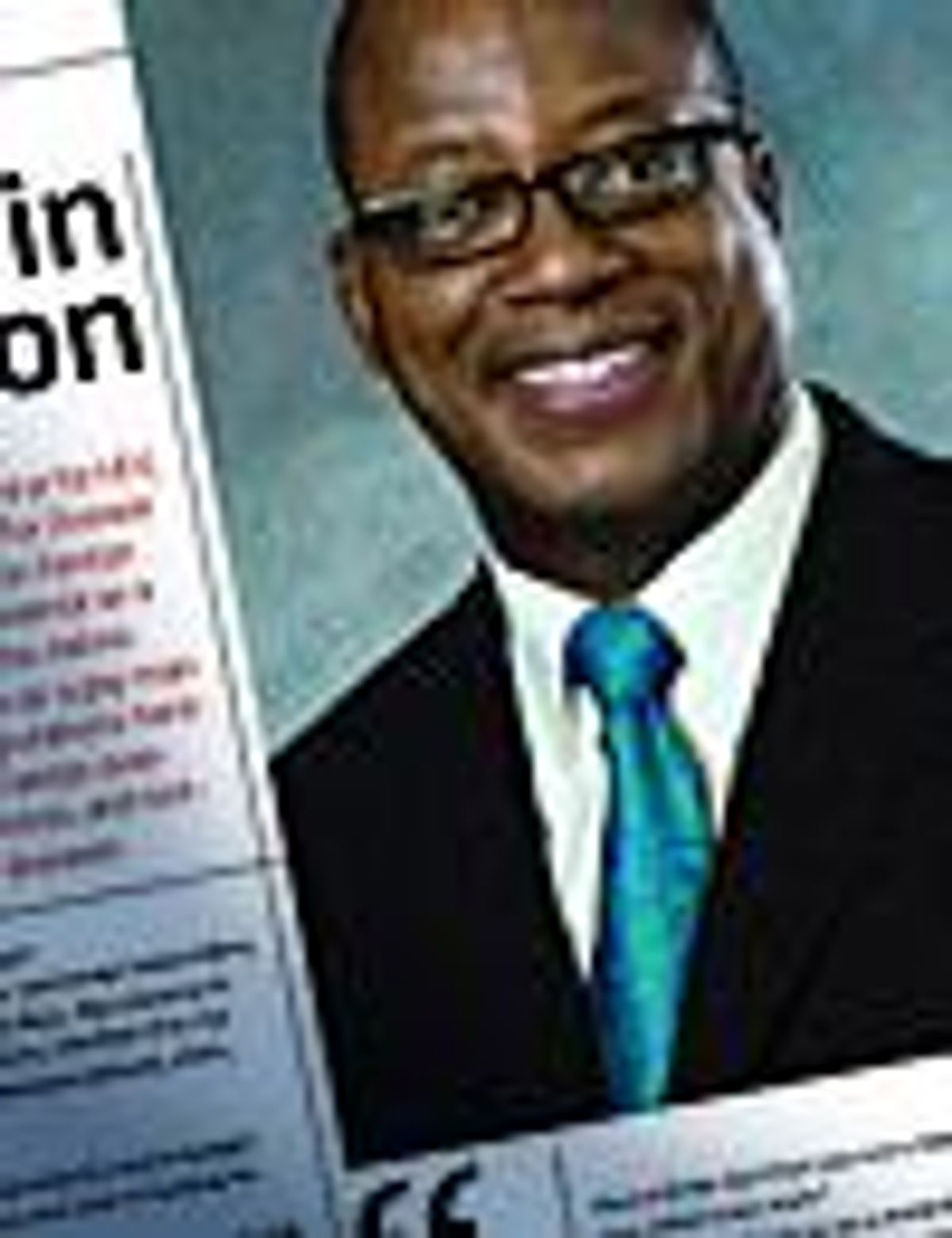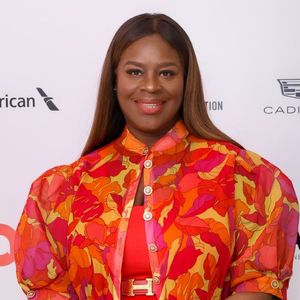What do you hope to achieve in your new job?
My goal really is to accelerate progress, to encourage
innovation, and to redouble our efforts at this
critical time. My vision is to inspire better synergy
between our services, whether it is our prevention
services or the work we do between federal, state, and
community organizations.
How do you feel about the Bush administration's
recent budget proposal, which includes both
increases and cuts in funding for HIV/AIDS services?
We're very encouraged by the
president's announcement of additional funds to
support HIV testing, in part because we know there are a
number of people who are HIV-positive who are unaware
of their HIV status. If we're going to have any
hope of truly getting ahead of the curve, it is really
important that we diagnose people early.
Are there any areas you think are underfunded?
I can't say that there are. There are two things
that we need to bear in mind: HIV is a dynamic
disease, and the infection continues to evolve. What
is important is that we use the available
techniques--including working with our community
partners to understand which communities are worst
affected--to begin to realign our existing resources
to meet the needs in those communities. Over the next
three to five years we'll need to be refining
our prevention efforts.
Will that include new efforts to reach gay men?
[Our intervention efforts include] the need to educate
the younger generation of gay men around HIV.
We've done studies which show that by 18 to 24
years of age up to 14% of gay men are HIV-positive and that
by their 30s up to a third are--and 80% of young
gay men age 18 to 24 [who participated in a recent
study and were HIV-positive] did not know they were
HIV-infected. Clearly, the thing we need to do is to promote
HIV testing with young gay men, using community venues
and structures to target them.
How will the fact that you are a black gay man affect
your work?
My primary driver is as a committed public-health
physician and epidemiologist who's worked in
the field for many years. Yes, there are many factors
that will influence my day-to-day relationships--the
drive I bring to the work and the commitment I
have--but I'd rather focus on the job at
hand and my qualifications to do it.
As we mark the 25th anniversary of the AIDS epidemic,
what message would you like to share?
It's really important for us to build upon the
successes we've had in combating the epidemic.
We've made tremendous gains in reducing HIV.
We've made lots of gains with mobilizing communities
in the fight against HIV; we've also made good
inroads tackling new diagnoses among some minority
communities. It's absolutely crucial that at this
juncture we really look at what successes we've
had and how we build on those successes in the future.



















































































